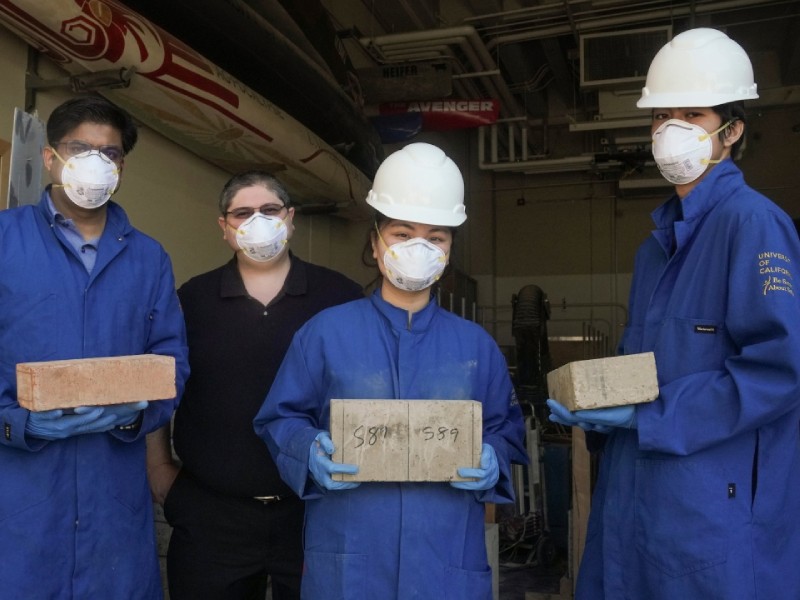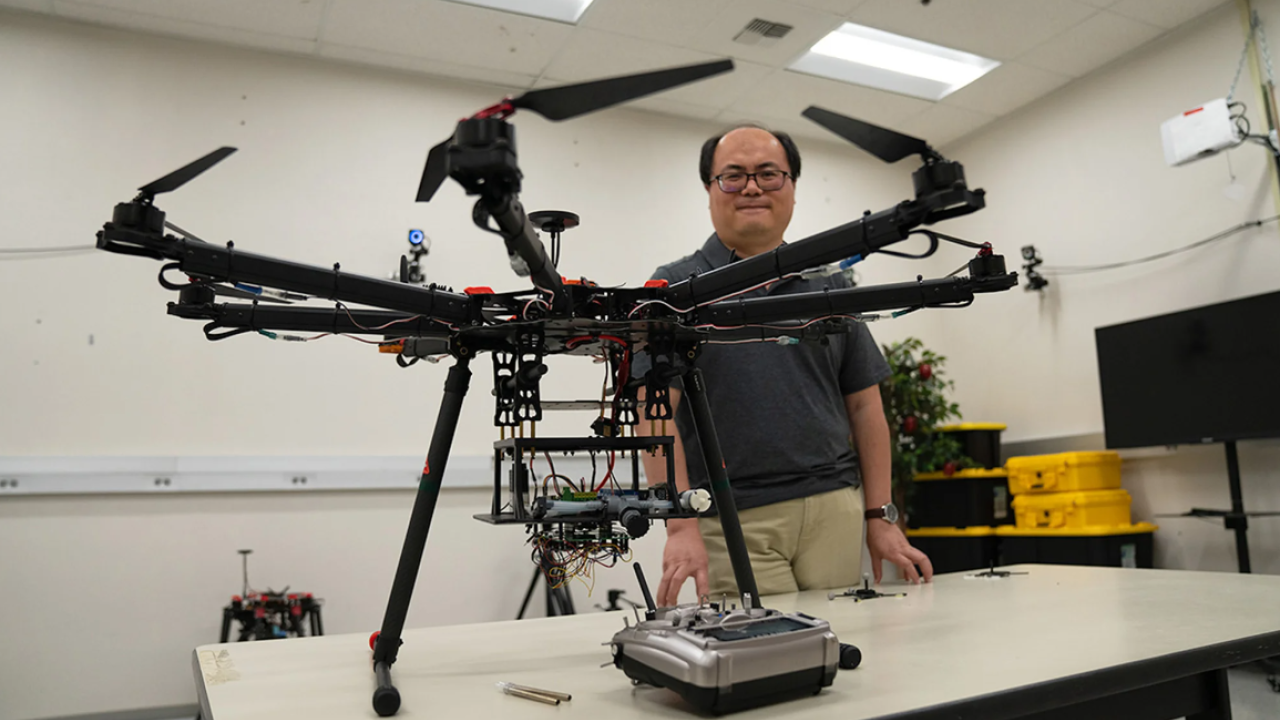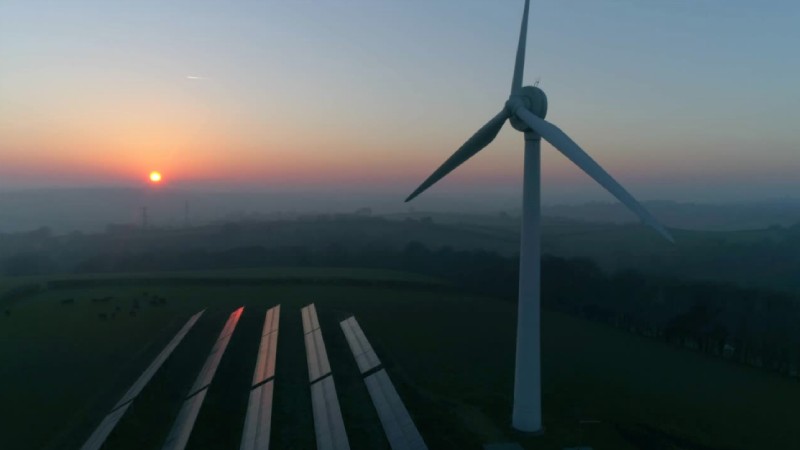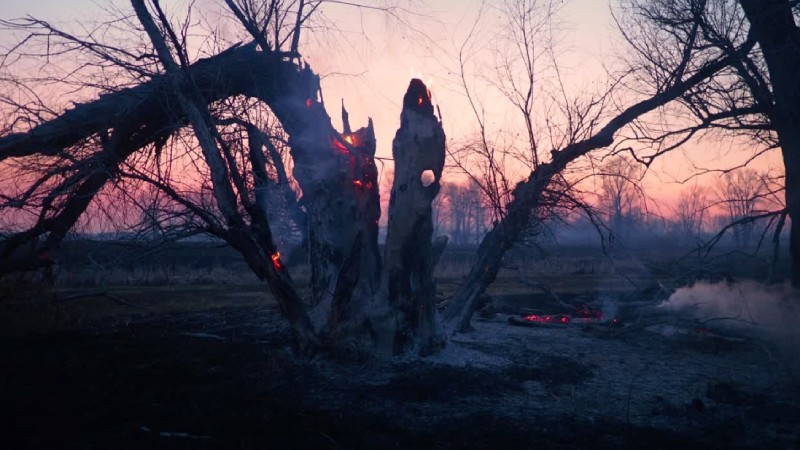We advance human, infrastructure and ecosystem resilience in the face of potentially devastating climate impacts by developing and implementing leading-edge technologies and engineering approaches.
From droughts to flooding, heatwaves and wildfires, the need to adapt and strengthen community resilience to the impacts of climate change is critical and immediate. By developing solutions such as safer water systems, more robust fire-resistant materials, optimized irrigation, and novel cooling systems, we’re engineering better ways to protect communities.
The House That Doesn’t Burn
More than 2.7 million Californians live in places with a high or extremely high risk of wildfire, as of 2007. Since then, California has only gotten hotter, drier, more populated and experienced its largest and most destructive wildfires in recorded history. How do you make your home where disaster is a given? How do you learn to live with it?
Those questions are at the root of Michele Barbato’s research.









